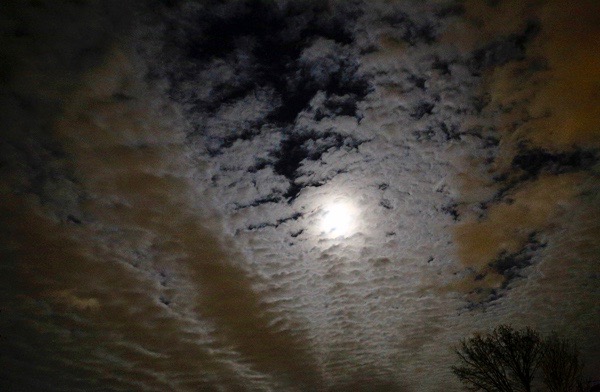
Depression
Mindful Depression
“Depression is the inability to construct a future.”
-Rollo May
Time is a funny thing. On one hand you have Western psychologists shouting “It’s all about the future! You’ve got to have goals and aspirations!” and on the other hand you have Buddhists replying “The only thing that matters is the present!”
The mindful attitude embraces the idea that our whole lives take place in the present moment so the path to self-actualization is to live each moment as fully as possible. You can’t do that if you are preoccupied with the past or the future. Coming into the moment and giving 100% of your attention to whatever it is you are doing is the ultimate goal.
Rollo May is right about depression though, and so are the psychologists who say that we need to be able to envision a future in order to be happy. Without the ability to imagine possibilities and project ourselves forward we would have no idea what path we need to walk. The way to reconcile the seemingly contradictory ideas of either focusing on the future or focusing on the present is to realize that each moment unfolds towards that future reality. Constructing your future from your present and then mindfully going about bringing it to fruition is much different than obsessed preoccupation over some future event that makes you discount the present as insignificant.
If you are depressed, you probably don’t see a future for yourself and you are caught up in your present suffering. You are in a prime position to start practicing mindfulness immediately because a huge stumbling block, getting lost in future realities, is not available to you right now.
Although you may be in the present, you’re probably not being very mindful because the mindful attitude is one of acceptance, allowing your thoughts and feelings to be there without trying to judge them or change them. People who are depressed usually hate their thoughts and feelings though and just want them to go away. They are trying to protect themselves from the pain.
Hope means you believe in the future and hopelessness means you do not. It’s not at all surprising that hopelessness is a central component of depression, since as Rollo May says depression is the inability to construct a future. That’s why the good part about going the mindful route is that this inability can be helpful for your practice as you start out.
What you want to do is name but not judge your experience. Become a scientist, an extremely curious observer who also takes part in the experiment. Try to come as fully as you can to the present moment and then take time to just sit with your thoughts and feelings instead of trying to push them away. Treat them like clouds floating across the sky, moving at their own pace and leaving your field of view in their own time.
Our instincts tell us to push away thoughts and feelings that we don’t like, just like we would push away any physical threat. We are trying to protect ourselves. But with mindfulness, what you are deciding is that the first step in changing your state of being is to accept your current state of being fully for what it is and to raise your conscious awareness surrounding it.
If you decide with all of your Self to turn towards life and be 100% invested in the present moment, however distasteful that moment may be, you will be disarming depression since all its symptoms try to keep you from doing this very thing, deflecting you from pursuing the experiences that would get you interested in life again. You have to become interested in your experience right now as it is, not how you would like it to be. That comes later. Once you take on the mindful attitude and are more comfortable with it you will be able to project yourself into the future and imagine possibilities while staying grounded in the present moment. For now you have a leg up to start practicing mindfulness because you are caught in the present tense focused on your suffering and can’t get distracted by the future like so many do.




